Dhaka, August 31- The interim government of Bangladesh has successfully saved Tk 1,825 crore in the Padma Bridge project through strategic cost-cutting measures, according to Road Transport and Bridges Advisor Muhammad Fawzul Kabir Khan.
Speaking at an exchange meeting with journalists at Jazeera Service Area-2 of the Padma Bridge on Friday evening, Fawzul Kabir Khan revealed that the initial estimated cost of the Padma Bridge project was Tk 32,605.52 crore. However, by adopting a policy of cost reduction, the final expenditure was brought down to Tk 30,770.14 crore.
"About Tk 1,825 crore has been saved here. This demonstrates that with better governance, even more expenditure could have been reduced," Fawzul Kabir stated.
The advisor detailed the savings achieved in various areas of the project, noting that Tk 530 crore was saved on the main bridge, Tk 80 crore on river management, Tk 178 crore on connecting roads and service areas, Tk 103 crore on land acquisition, and Tk 1,491 crore on all other expenses.
Fawzul Kabir Khan also highlighted the interim government's efforts to address excess expenditure in the power sector. "We are working to eliminate extra expenses caused by various irregularities in the power sector," he said. He added that the Chief Advisor has emphasized the need for both numerical and qualitative development.
The advisor is set to visit Khulna to inspect the Rupsa Power Plant, where an 880 MW power plant is currently without a gas supply. Addressing the issue, he criticized misleading reports that show increasing GDP growth while the country's energy infrastructure remains underdeveloped.
"Development is often misleadingly reported, showing GDP and growth increases. But if there is no electricity, this growth is just a number," Fawzul Kabir added.
The Padma Bridge project, one of the largest infrastructure projects in Bangladesh's history, has been a significant milestone for the country, aimed at enhancing connectivity and fostering economic growth. The interim government's efforts to reduce costs have been widely praised as a move towards more efficient and transparent governance.



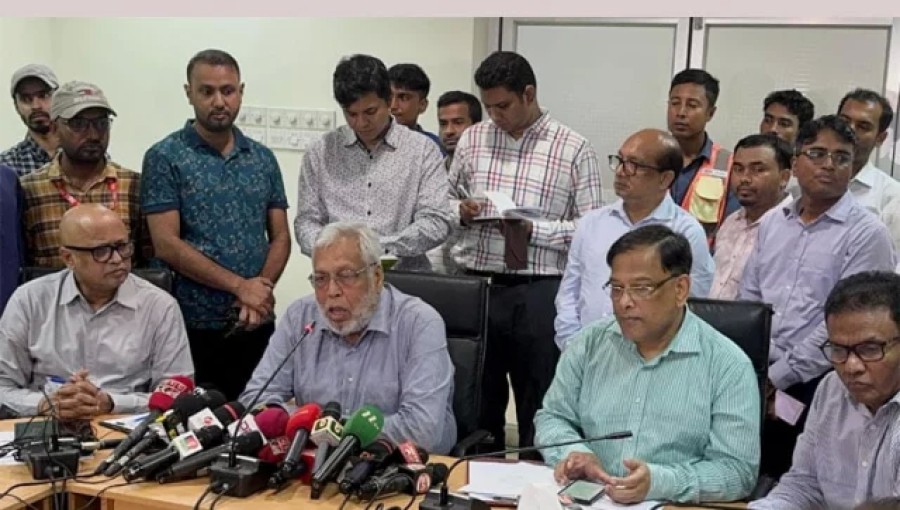
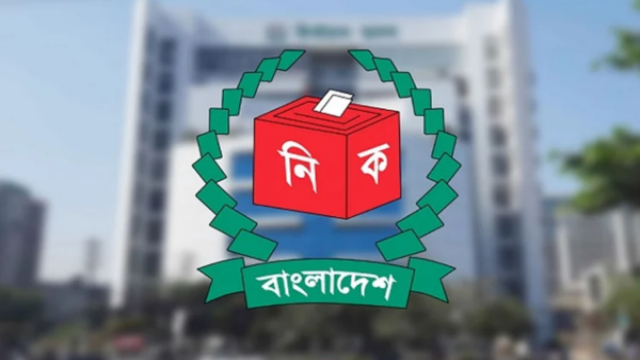
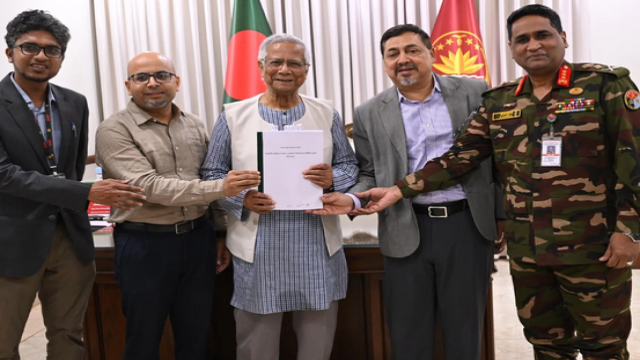

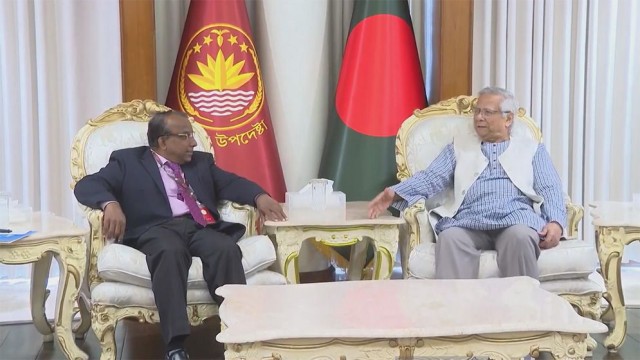

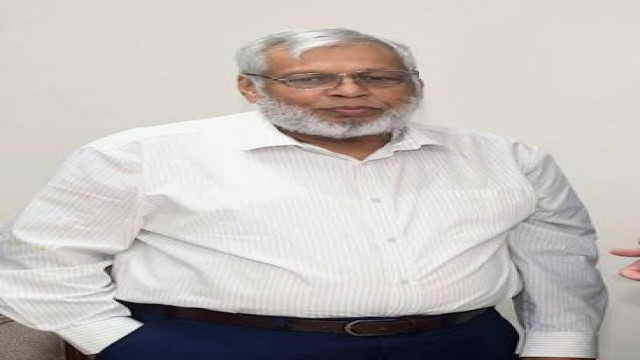

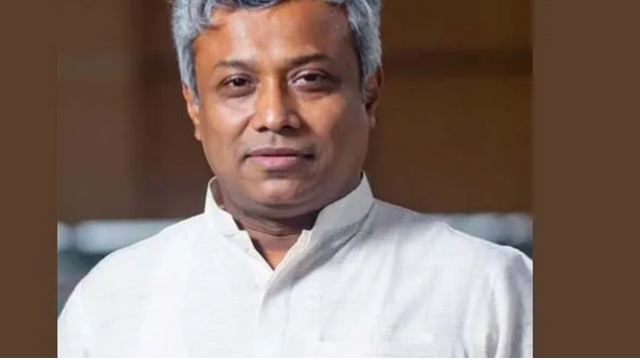
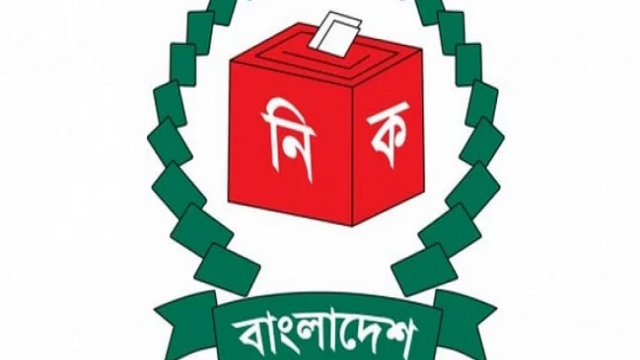

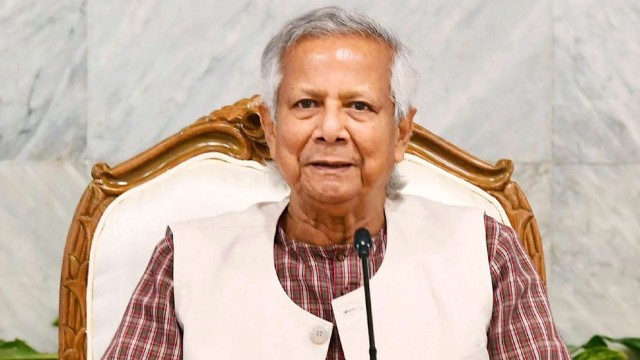

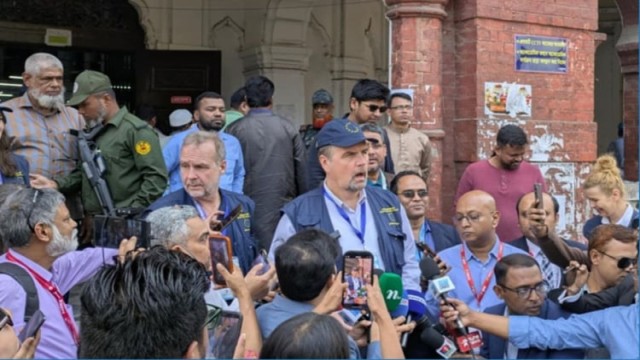

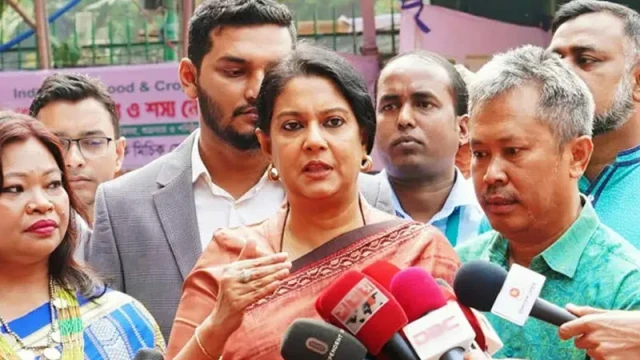











Comment: